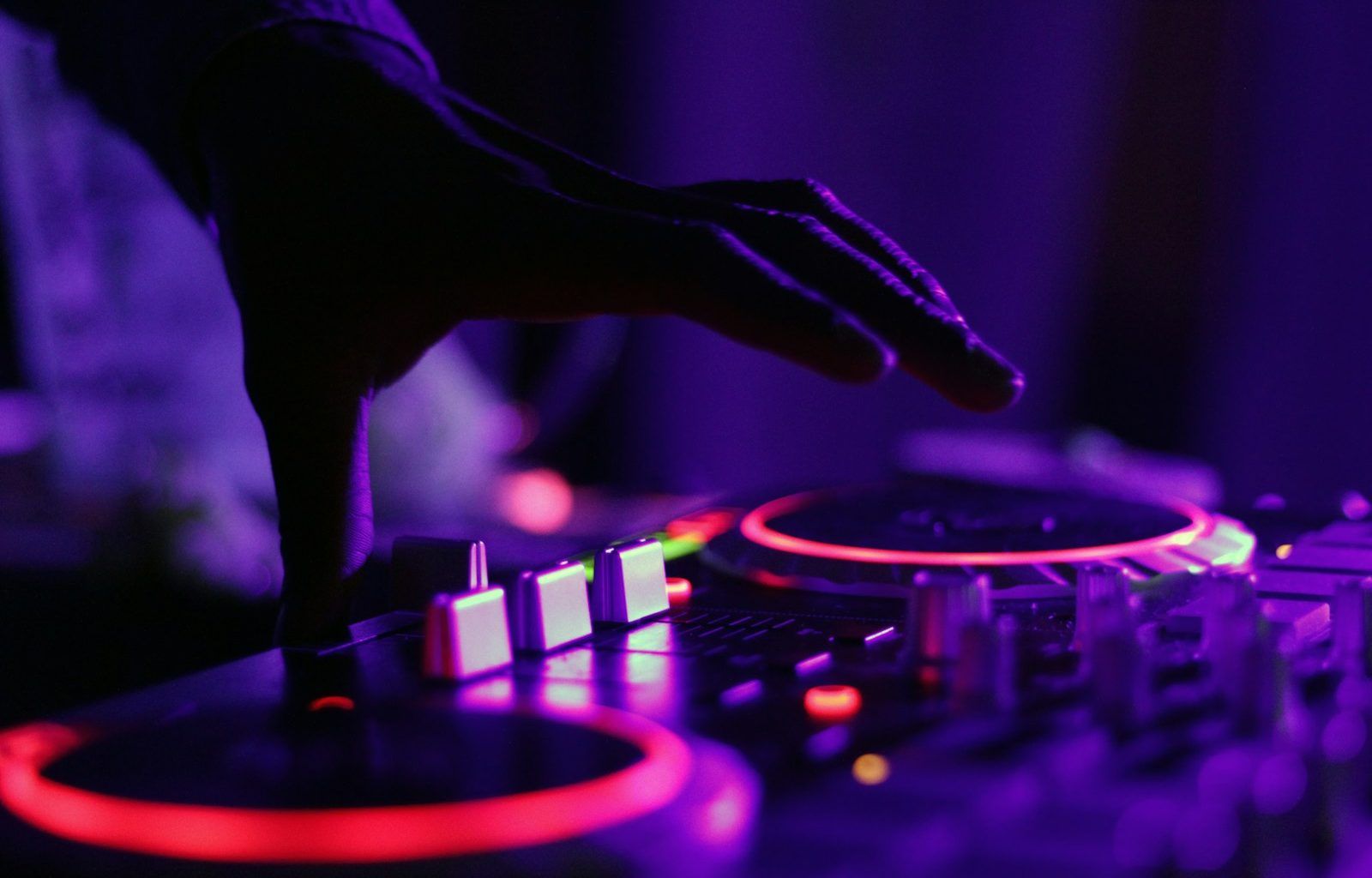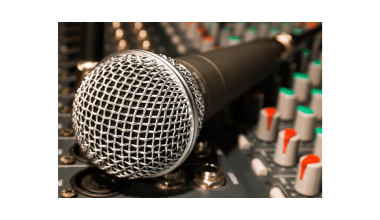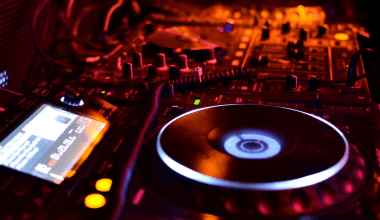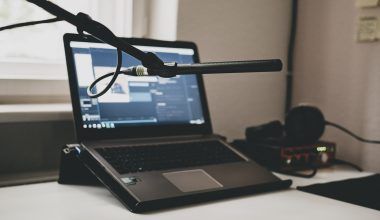Imagine a world where music composition no longer takes weeks or months but mere minutes. With artificial intelligence (AI) mastering music creation, that world is here. AI is revolutionizing the way music is composed, produced, and even consumed. Whether you are a budding artist, a music producer, or just someone curious about the intersection of technology and creativity, AI’s role in music is fascinating.
In this blog, we’ll explore how AI is becoming a master of music, why it matters, and how it can empower both professionals and enthusiasts. If you’ve ever wondered about the role of AI in music, you’re in the right place. Let’s dive in!
The Rise of AI in Music
The journey of AI in music didn’t start overnight. Decades of technological advancements have paved the way for AI algorithms capable of understanding music theory, rhythm, and harmony. Tools like OpenAI’s MuseNet or Google’s Magenta have brought AI closer to mastering music composition.
These tools can compose entire symphonies, generate unique beats, or even mimic the style of iconic musicians. For instance, AI-generated tracks now mimic genres ranging from classical to EDM. This isn’t just science fiction; it’s happening now.
Transitioning from mere novelty to mainstream use, AI master music platforms are not just for tech geeks. Today, even independent artists are tapping into these technologies to enhance their music.
How AI Masters Music Composition
So, how exactly does AI master music creation? Let’s break it down.
- Understanding Patterns AI algorithms analyze thousands of songs to identify patterns in melody, harmony, and rhythm. This allows the system to create compositions that sound human-made.
- Machine Learning Models Advanced machine learning models train on vast datasets, enabling them to compose music in specific styles or genres. Want a jazz piece with a classical touch? AI can deliver.
- Real-Time Adaptation AI tools like AIVA (Artificial Intelligence Virtual Artist) can adapt in real-time, allowing creators to tweak compositions instantly. This eliminates the trial-and-error process often associated with manual music creation.
With these capabilities, AI has truly become a master of music composition.
Benefits of Using AI in Music
Why should anyone care about AI mastering music? The benefits are plentiful.
- Speed and Efficiency Creating music with AI is faster than traditional methods. Artists can produce multiple tracks in a day without compromising quality.
- Accessibility AI tools make music creation accessible to everyone, even those without formal training in music theory.
- Innovation AI brings fresh perspectives to music, creating sounds and patterns that humans might not think of.
- Cost-Effective For indie artists or small studios, AI-powered tools reduce the cost of hiring large production teams.
Challenges in AI Music Creation
While AI has mastered many aspects of music, it’s not without challenges.
- Emotional Depth Can an AI truly capture the emotional nuances of human experience? This remains a debatable topic.
- Ethical Concerns Who owns the copyright of AI-generated music? The creator of the algorithm or the user?
- Over-Reliance There’s a risk of artists relying too much on AI, potentially stifling their creativity.
Despite these challenges, the potential of AI to master music is undeniable.
Real-World Applications of AI in Music
AI is already making waves in the real world. Here’s how:
- Film Scoring AI is used to compose background scores for films, offering quick and customizable options.
- Music Therapy AI-generated music is used in therapy to help patients relax and heal.
- Gaming Dynamic, adaptive soundtracks in video games are often created with AI.
- Personalized Playlists Streaming platforms like Spotify use AI to curate playlists tailored to individual preferences.
How to Start Using AI in Music
Interested in leveraging AI to create your own music? Here’s how you can get started:
- Choose the Right Tool Platforms like Amper Music, Jukedeck, and AIVA are excellent starting points.
- Experiment with Styles Use AI to experiment with genres and find your unique sound.
- Collaborate Treat AI as a collaborator, not a replacement. Use it to enhance your creative vision.
- Learn and Adapt Stay updated with new advancements in AI music tools to continually refine your process.
The Future of AI Mastering Music
Looking ahead, AI will play an even bigger role in the music industry. From composing personalized soundtracks for every listener to creating virtual artists, the possibilities are endless. AI may soon become an integral part of every musician’s toolkit.
One thing is certain: the fusion of AI and music will continue to push creative boundaries. Whether it’s through mastering music faster, producing innovative sounds, or making music more accessible, AI is here to stay.
Conclusion
AI has truly become a master of music, reshaping how we think about creation and collaboration in the music industry. As technology evolves, so too will our ability to harness AI to make music that resonates on a deeper level.
So, whether you’re an artist looking to enhance your craft or a listener curious about the future, AI master music is a journey worth exploring. Who knows? The next chart-topping hit might just be a collaboration between human and AI.
Related Articles:
For further reading, explore these related articles:
For additional resources on music marketing and distribution, visit DMT Records Private Limited.






